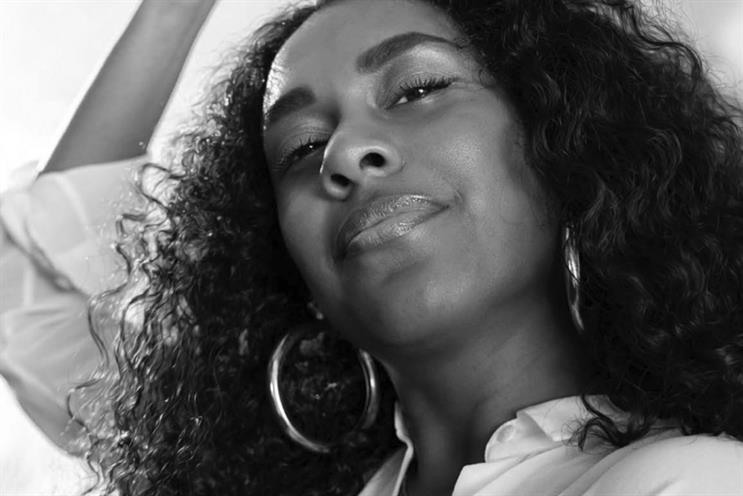We have all seen the latest headlines about PureGym's failed attempts to design a workout celebrating Black History Month. "PureGym branch slammed for '12 years of slave' Black History Month workout" popped up on my phone in the middle of a brainstorming session on our next #BrandShareTheMic initiative with my team – a programme that works with brands to amplify young black voices. "Could this be more ironic?" I said, as I read it out to my colleague.

There are some assumptions and observations we can only make being on the other side of this marketing blunder, of which the brand and the personal trainer who created the post have since apologised for. Being both a marketer and a woman of black heritage gives me a particular point of view.
Since the latest Black Lives Matter uprising in May, brands have been scrambling to find their opportunity to show they care about black lives. Some are doing it because their businesses' purpose and staff really do believe that black lives matter. However, there are many doing it because it's the "right thing" to do, it's what everyone else is doing and they want to be seen as taking action – no matter if it doesn't really hit the mark. But what happens when that desperate aim to do something leads to you overlooking the obvious?
You can see how this fiasco came about. The Luton branch (perhaps sincerely) decided to support Black History Month and do something to celebrate the black experience. But this is where they went wrong; they took a powerful cultural moment, looked at it in a one-dimensional way, bolted it together with their brand offering (exercise) in a very lazy, transactional way and got a "slavery workout".
So, how did that horrific idea go from a thought to a workout being promoted on that local gym's Facebook page? For one, the personal trainer who designed the workout is black – something that has both black and non-black people alike scratching their heads. From what the internet has shown us, he appears to be pro-black (yes, you can be black and reject your own identity), which raises further questions. When the trainer (who is also the assistant manager of the branch) pitched this idea, we can only assume everyone else in the room was white and felt if a black person says it's OK, it must be OK, right? Wrong.
The individual black experience and identity comprise many intersections and interactions from the world. My experience as a black woman will be similar to others like me, for sure, but various nuances will make it different – things such as which shade of brown I am, how soft or textured my hair is perceived to be, where I was brought up, my sexuality or whether my partner is black or white. Because the black experience is layered and nuanced, we cannot assume this one black cis man embodies the black community in the UK – or even Luton.
I remember a white colleague once asked me while a rap song was being played in a bar whether I thought it was racist if a white person sang along to lyrics with the N-word, even though it is in a lyric of a black rapper. I immediately had to stop, because although the answer is yes, it is racist to use the N-word even if you are singing the lyrics of a black person, it made me realise that the actions and perspectives of one or few black people is all the validation non-black people need.
This goes back to the idea that black people are one homogenous identity, this idea that "my black mate Desmond said so, so it's not racist" and, just like that, "Desmond" is now the point of reference for all things black.

It's clear the local gym's promotion wasn't working back into a centralised brand team. Not only would that allow the brand better control, but also the opportunity to get other perspectives from other black team members who hopefully represent a wider spectrum of the black British experience.
Although the process of how they got here needs to be challenged, the reason behind it is just as important. For me, it's because they reduced Black History Month – a significant cultural moment, a month of remembrance of black stories – to a gimmick, a novel and entertaining event. PureGym believed its way of supporting Black History Month needed to be outward-facing – something Instagramable maybe? There lies the issue.
Black people are tired of Black History Month being the one moment in the year when you acknowledge them with hashtags, imagery and posts, and then go silent after 31 October. The black consumer wants to be considered at all aspects of a brand's business, all year round. In R&D, right through to the marketing and distribution. If you can't commit to serving the black community authentically and sustainably, then don't.
Rani Patel-Williams is business partner at Livity and co-founder of #BrandShareTheMic


